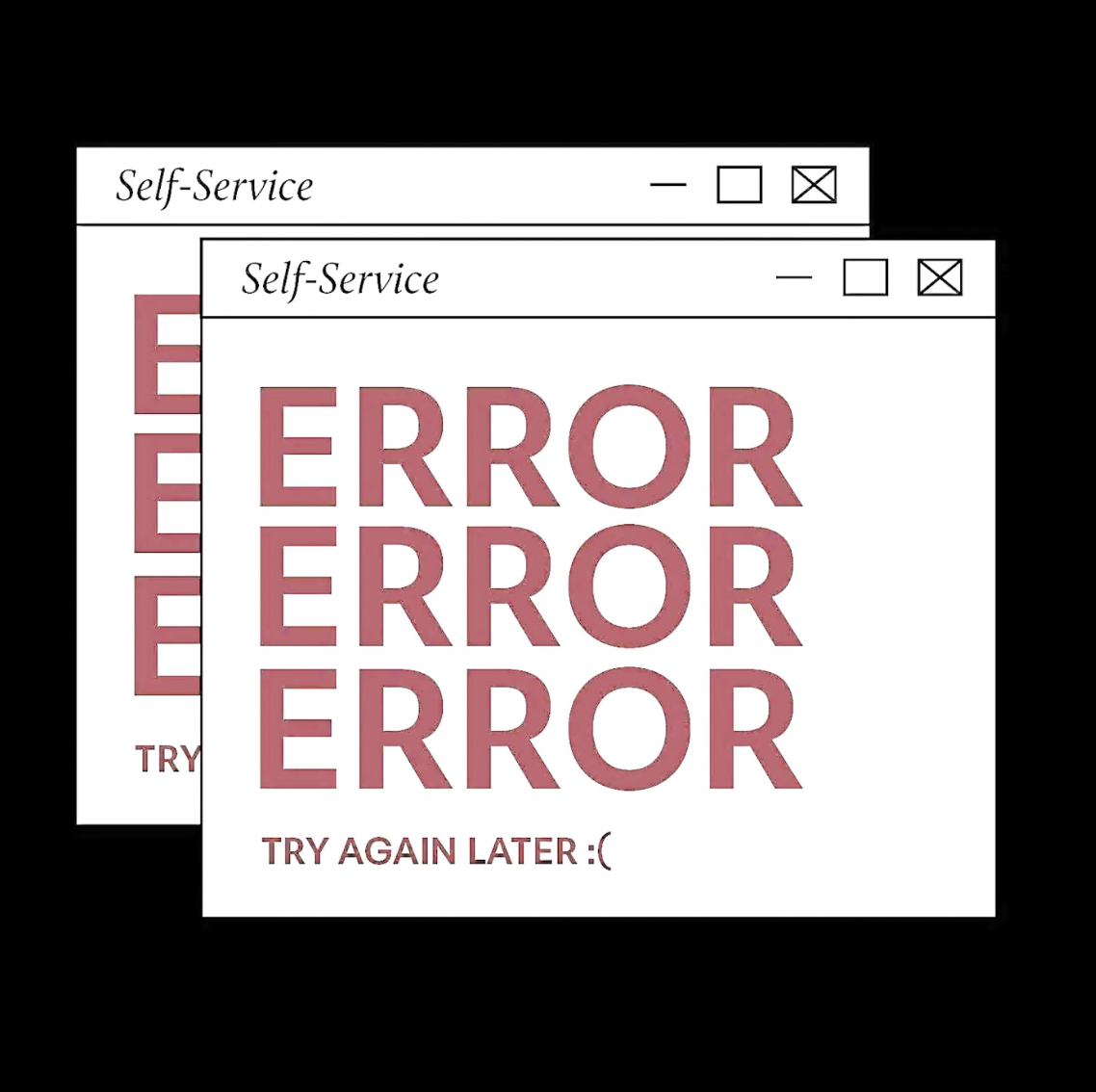As college students, we are all familiar with internships and their importance, and many of us are, sadly, intimately familiar with applying for unpaid internships. The concept seems like it makes a lot of sense: get paid in experience while you’re in college and build your resume while you’re studying. In reality, college students, with so many expenses, deserve to be fairly compensated for our labor no matter whether we’re in the middle of our academic careers or not. If we’re not getting paid our fair share for our labor, then that makes the internship unethical. Which is why all unpaid internships are unethical- to not be compensated for one’s labor is the definition of exploitation. While the federal government does not consider all unpaid internships illegal, there are strict rules for unpaid internships that the government mandates employers to follow. Sadly, many employees are not aware of these rules, and many employers actively ignore them for their own benefit. The Department of Labor sets down certain guidelines for unpaid internships to be legal- “The extent to which the intern and the employer clearly understand that there is no expectation of compensation. Any promise of compensation, express or implied, suggests that the intern is an employee—and vice versa.
The rules are as follows:
- The extent to which the internship provides training that would be similar to that which would be given in an educational environment, including the clinical and other hands-on training provided by educational institutions.
- The extent to which the internship is tied to the intern’s formal education program by integrated coursework or the receipt of academic credit.
- The extent to which the internship accommodates the intern’s academic commitments by corresponding to the academic calendar.
- The extent to which the internship’s duration is limited to the period in which the internship provides the intern with beneficial learning.
- The extent to which the intern’s work complements, rather than displaces, the work of paid employees while providing significant educational benefits to the intern.
- The extent to which the intern and the employer understand that the internship is conducted without entitlement to a paid job at the conclusion of the internship.”
These requirements alone represent the vast majority of unpaid internships, which often don’t follow these guidelines, don’t offer academic credit, and displace paid employee work rather than complement it, are illegal. Beyond that, most unpaid internships argue that they pay in experience and resume building, but as most know, experience doesn’t pay the bills, and your resume doesn’t help you make monthly loan payments. Also, if you feel like an unpaid internship that you’ve accepted fails to follow these guidelines, or that your employer isn’t paying you your fair share (withholding tips, failing to pay for overtime) it is your right to file a complaint with the local Department of Labor, Wage and Hour Division. Part of their responsibilities are enforcing the federal labor laws, which are meant to protect employees from exploitation by their employers. We need to understand what our rights are as workers and that the federal labor laws exist to protect us from exploitation by our bosses. With these laws on the books, it becomes our responsibility to help our fellow workers by ensuring that our bosses are following the law rather than violating it or being negligent towards it and us.













